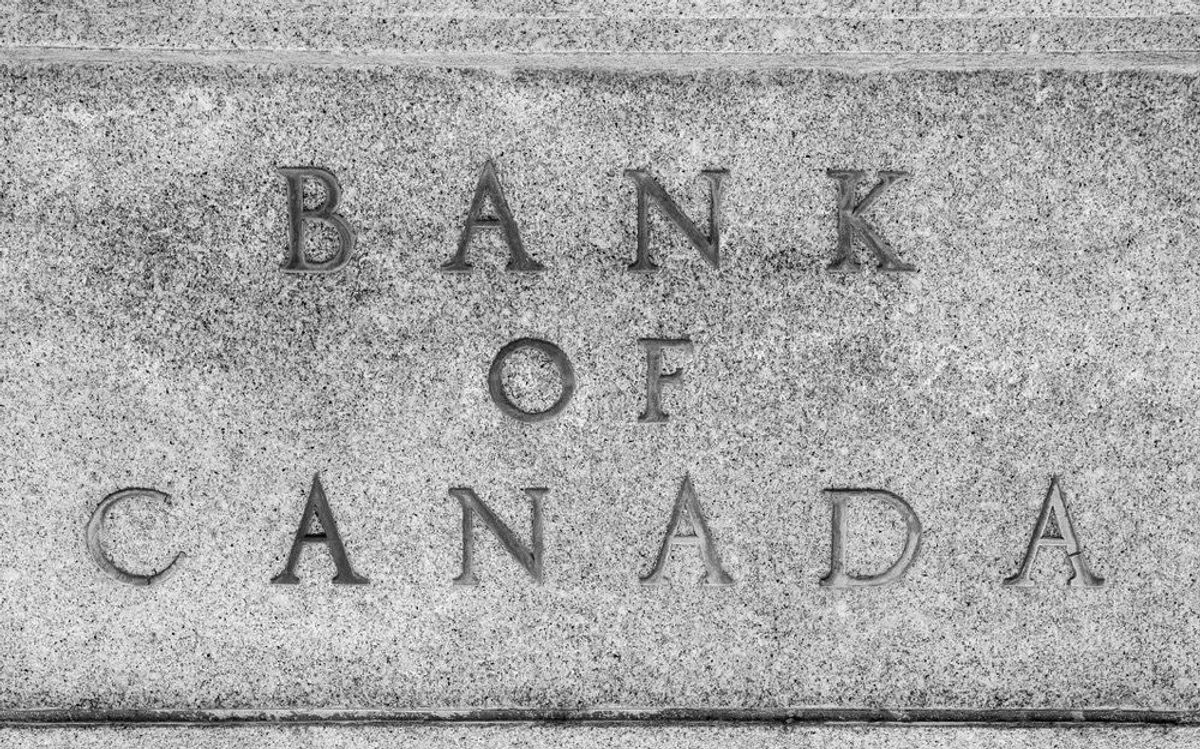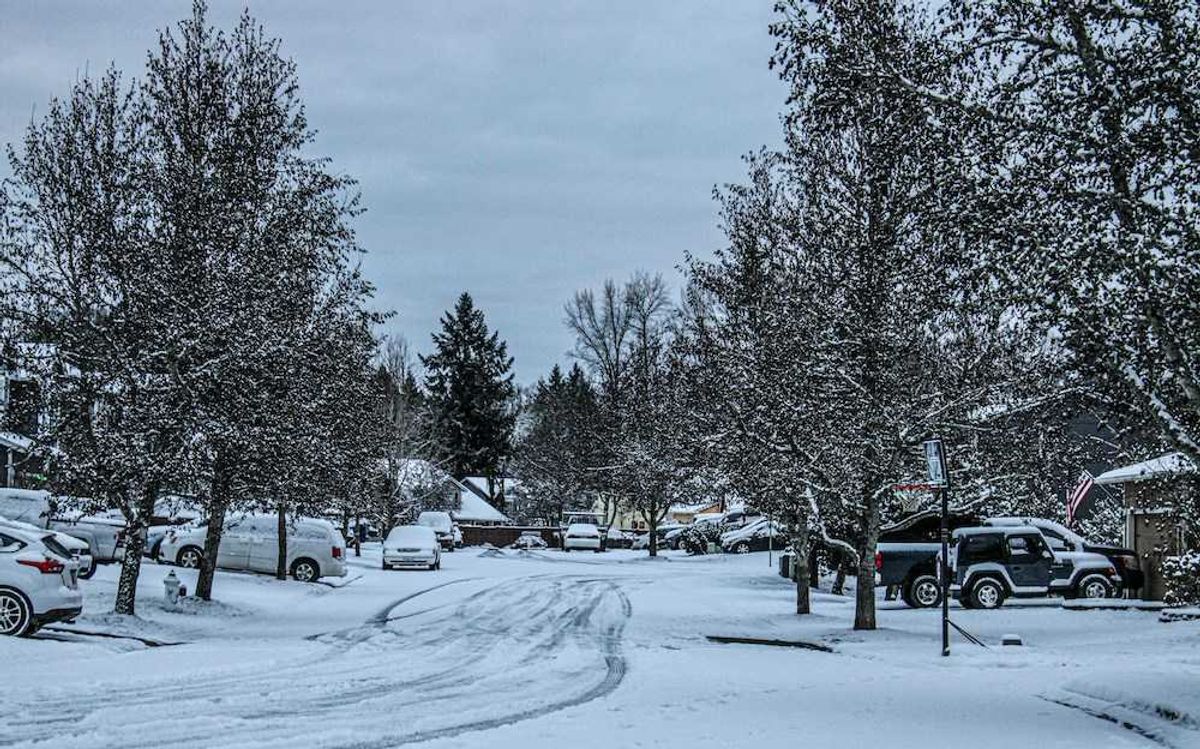In 1994, at the age of 29, my parents bought their first one-bedroom condo in south Ajax for $89,000.
Granted, the landlord they were previously renting it from defaulted on his mortgage and the bank offered to sell it to them off market for cheap. Still, the average price for an open market one-bedroom condo in Ajax that year wouldn't have been much more.
Today, a one-bedroom condo in that exact building is currently going for $409,000 — a 359% increase.
Three years later, they used equity from the sale of their condo to purchase a single-detached, three-bedroom home in north Ajax for $191,300. A similar three-bedroom home a quick walk from the one I spent my early-childhood years in is currently asking for $850,000.
Even with Ajax becoming a more attractive commuter town in the decades between when my parents relocated there and now, the amount prices have increased constitutes lottery money. At 24, I can't imagine being able to buy my first home at 29, at least not in the town I grew up in.
When it comes to housing, myself and an untold number of young Canadians without access to the Bank of Mom and Dad are getting demonstrably screwed.
A study from Zoocasa published last March found that, on average, it now takes Canadians 7.3 years to save for the downpayment on a home. In the Greater Toronto Area, where I live, that number was 39 years. In the Greater Vancouver Area, it's a sickening half century of saving.
When I move into my first GTA home at age 63, what will young Canadians be expected to pay then? If home prices continue the upwards trajectory they underwent between when my parents bought their first condo and now, a first-time homebuyer in 2063 could be shelling out around $2.6 million for that one-bedroom condo in south Ajax — around two times the current median sale price of a home in Rosedale, Toronto. Mind you, it does have views of a marsh.
This is why myself, and countless of my peers are taking their frustrations to the polls this federal election. In a survey from Leger released in mid April that polled Canadians aged 18 to 34, housing and inflation ranked among the top of respondents' concerns, above issues like healthcare and climate change.
On the campaign trail, both Conservative leader Pierre Poilievre and Liberal leader Mark Carney have been making big promises, some of which could result in real improvements to the state of housing in Canada, if executed successfully.
They both want to work with lower levels of government to pass reforms that will cut red tape, allowing more housing to be built, they both want to introduce tax incentives to make housing and housing development more affordable, and they both want to slow immigration while housing catches up to the rapid population growth seen in recent years.
Their approaches to pulling off these pledges differ, but it's encouraging to see both major parties relatively on the same page about the severity of the housing crisis and what needs to be done to fix it. Still, one major issue has gone untouched: the financialization of housing.
In a report from the Canadian Human Rights Commission, the financialization of housing is recognized as "a trend that is undermining the realization of the right to adequate housing."
Low interest rates, lack of supply, and rapid population growth are the over-the-counter causes behind skyrocketing prices over the last several years. But more quietly, housing is increasingly falling into the hands of big investors who are fundamentally changing how we see homes, morphing them from places that provide shelter into vessels for profit.
The most recent data from Statistics Canada revealed that, in 2020, one in five homes in British Columbia, New Brunswick, Nova Scotia, and Ontario were owned by investors. For condos — the units most popular among young Canadians buying their first home — the situation is even worse. According to Statistics Canada, in 2022, two out of five condos in Toronto were owned by investors, and in Vancouver it was one in three.
Not only does this lead to certain housing being designed with investors, not end users, in mind, but it drives up home prices and rents far beyond the rate of inflation, whilst displacing residents, particularly those in marginalized communities.
The financialization of housing was largely fuelled by government policies, namely the securitization of mortgages, deregulation of rent control, and the feds backing out of social housing, and I believe government policies will be the key to bringing housing back into the material realm.
Growing housing supply is one part of the equation, and one that Carney and Poilievre both seem set on achieving, but if one-third or one-fifth of new condos, for example, continue to be snatched up by investors who fund vacations with my artificially inflated rent payments, I worry supply won't be enough.





















